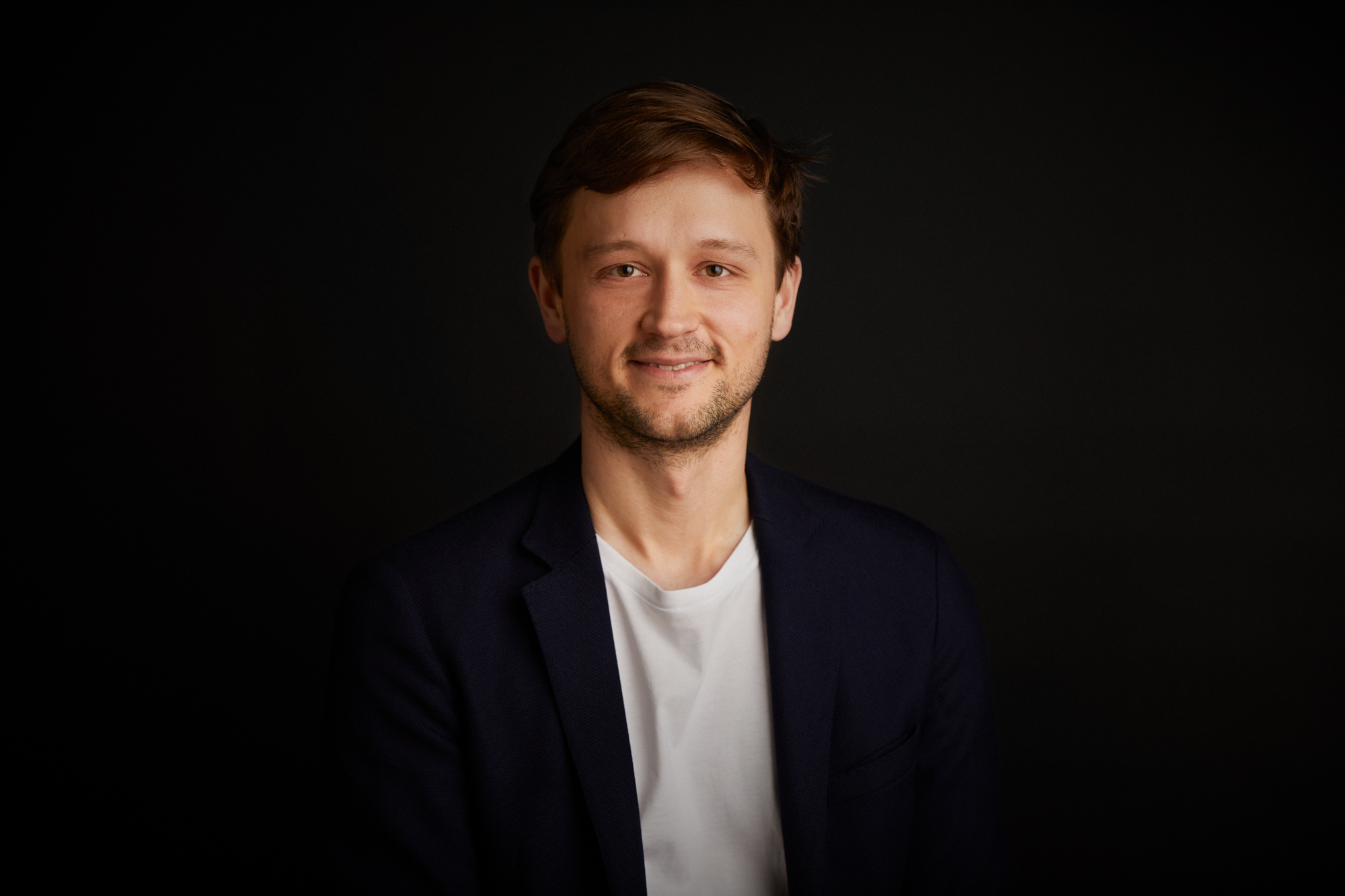Nicolai J. Wewer Albrechtsen
Research leader

Project title
Glucagon receptor signaling and resistance in metabolic diseases
What is your project about?
My project is about the hormone glucagon and its effect and significance for the development of so-called metabolic diseases. Up to 50% of the world's population has to some extent a metabolic disease including obesity and fatty liver disease. The effects of glucagon include regulation of blood sugar but perhaps equally important is its role in protein and fat metabolism. When glucagon is secreted into our bloodstream, it activates thousands of processes in our cells. But we only know a few of these and even less of their significance for disease development. With this project, we will conduct a so-called translational study where we will investigate glucagon signaling pathways in cell models, animal models and in people with metabolic disease, and test whether modifying these signaling pathways may provide the basic for new treatment options.
How did you become interested in your particular field of research?
My interest in glucagon biology was kickstarted 10 years ago when I, as a medical student, developed a new method for measuring glucagon in blood. I think it was wildly fascinating that we now had a tool that could be used by everyone to study this vital hormone. The tool has been a paradigm shift in being able to study the amount and indirect effect of the hormone in animal models and humans. I am deeply impressed that even though we are soon celebrating the 100th birthday of glucagon, we know surprisingly little about the importance of the hormone for disease development and treatment. It continously inspires me!
What are the scientific challenges and perspectives in your project?
A major challenge in glucagon biology I think is that most of the literature is based on animal experimental studies using a few variables as outcomes (eg production of sugar) and the human studies that exist are based on what 'happens in the blood '(increases or decreases glucagon for example) but not what happens inside the cell where glucagon has its effect. This is due, I think, to technical challenges and a lack of interdisciplinary collaboration. I hope and believe that this project will create new basic knowledge about glucagon and its role in both health and disease. Perhaps we will become wiser about whether glucagon can be used to treat these metabolic diseases and whether one can chemically modify glucagon so that its effect is, for example, only on our sugar metabolism but not on our fat metabolism. It could be a 'game changer' in the pharmacological use of glucagon-based medicine. An interdisciplinary product of this project will be an atlas where researchers from all over the world will be able to 'see' what happens inside the cell after glucagon activation.
What is your estimate of the impact, which your project may have to society in the long term?
Metabolic diseases affect up to every second human being. New understanding of how these diseases develop, can be categorized and treated is crucial to our society. This project has the opportunity to create a new foundation for our understanding of glucagon and metabolic disease and perhaps on this basis we can generate ‘focused treatment’ where one type of glucagon medication acts on blood sugar whereas another acts on fat metabolism. These are my hopes.
Which impact do you expect the Sapere Aude programme will have on your career as a researcher?
To me, Sapere Aude is a giant pat on the shoulder and a confirmation that hard work and cooperation pays off. I believe and hope that this will allow me to cement myself as a national and international researcher. And not least hopefully contribute to the research career for the students with whom I collaborate and who I hope and believe will contribute to more and better research.
Background and personal life
To me, the person behind the researcher is also the researcher. They are, so to speak, ‘pot and pan’. Curiosity is an important thing for my life and is something I think we try to cultivate at home. My two kids Erik and Olga and my better half Charlotte are the foundation of my research and my curiosity. It is crucial for me to have a free space where one can ‘exist’ - especially because research is full of 'rejections' from journals, foundations and experiments. My family and my close friends are thus the key to both a good life but also to what I would call ‘good research’.
View all research leaders here
Research institution
Rigshospitalet
Research field
Endocrinology
City of your current residence
Lyngby-Taarbæk
High school
Ordrup
